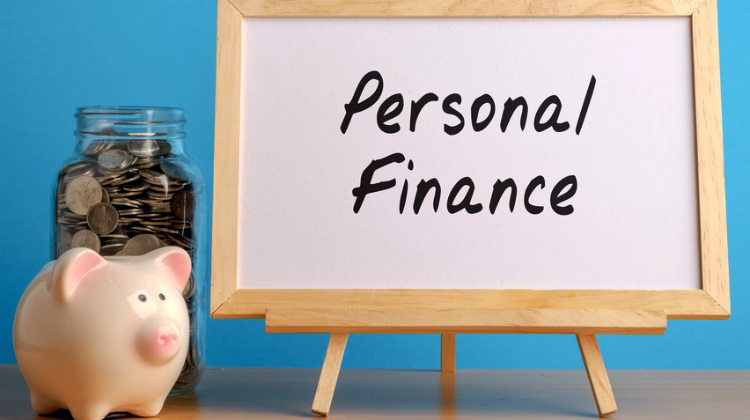Many times we hear so much that we forget the most important thing. So I wanted to write this post: to remember the basics of personal finance and always keep in mind.
1. Spend less than you earn (or earn more than you spend)
It is very easy to understand that the only way to build wealth is to spend less than you earn. In other words, having a surplus. On the other hand, if one spends more than it earns, you will inevitably have to incur a debt. That is, on the contrary, the surest way to destroy a heritage.
2. Learn the difference between savings and investment
Many people confuse the two concepts and talks to save or invest as if they were synonyms. It is important to understand that saving means exactly have a surplus. By contrast, investing means making our money to generate more money.
3. Start investing at an early age
There are two key allies in building assets: money and time. The longer we have in our favor, the more powerful will be the magic of compound interest is one of the engines of growth in our investments. So start investing at an early age is one of the basic rules of personal finance can make all the difference between achieving our goals or falling short, especially when it comes to our retreat.
4. Use credit to add and not to subtract
Credit can be a component that helps us to generate wealth when used properly. For example, we can use a loan to buy a tool or machinery that we will generate sufficient additional income to pay the debt and still achieve a surplus. Unfortunately often used to subtract, to purchase articles of daily use, that is to finance an expense. So many people fall into debt problems through the end credit accustomed to spend more than they earn while maintaining a standard of living that can not pay.

5. Build and keep an emergency fund
An emergency fund helps cushion situations that may damage our personal finances, such as illness (although we are insured have to pay costs such as deductibles and coinsurance) or a job loss. It can also help to avoid having to use credit cards in case of a hurried situation, which ultimately we generate a major problem.
6. Protect your assets from risks that may seriously damage it
Many people forget that heritage protection is critical. We think that insurance is an expense but they are an important element to prevent a severe capital loss. There are many examples of families who have lost everything in an earthquake, or a serious illness requiring specialized and expensive treatment. So the hedge is also one of the basic rules of personal finance. Insurance are tools that help us to shield our finances from external events that are unlikely but can severely affect.
7. Save and plan your retirement
Almost all people reach an age at which they regret not having thought before about retirement. Phrases like: «If I could turn back time I would have started saving much earlier.» There are plenty of people who know that saving for retirement in Mexico and many other countries have significant tax benefits. Or do not take advantage of pension plans that are in your company, where the pattern provides additional money depending on the amount saved by the employee. Worse, most young people see retirement as so far, so little palpable, do not think about it and that can be a very serious mistake.
